Introduction
As an IT professional, you are probably juggling multiple tasks at once. From long work hours to the challenge of preparing for exams, managing your time effectively is crucial. Whether you’re studying for certification exams, a degree, or just refreshing your skills, time management tips for IT professionals studying for exams can make a world of difference in your productivity and mental well-being.
In this article, I will share practical time management strategies specifically tailored to IT professionals like you, who are balancing work and study commitments. With the right approach, you can not only pass your exams but also thrive at work without compromising your personal life.
Key Takeaways
-
Prioritize tasks effectively using the Eisenhower Matrix.
-
Break study sessions into focused intervals with the Pomodoro Technique.
-
Use digital tools like Google Calendar or Trello for better scheduling.
-
Set realistic goals and maintain a consistent study schedule.
-
Take care of your health and practice relaxation techniques to reduce stress.
Understanding the Challenges of IT Professionals Studying for Exams
Balancing Work and Study
Working in the IT field often means long hours, tight deadlines, and constant problem-solving. Adding exam preparation into the mix can feel overwhelming. You need to balance daily work tasks while also dedicating time to studying for exams. Many IT professionals struggle to find time for themselves, let alone for studying. That’s why time management tips for IT professionals studying for exams become vital.
Stress and Burnout
Without proper time management, the stress of working and studying can lead to burnout. It’s important to remember that excessive stress not only affects your productivity but also your mental and physical health. Creating a solid plan will allow you to manage both your work and study demands without feeling like you’re losing control.
The Need for Efficient Time Management
Effective time management ensures that you’re using your time wisely and not wasting hours on unproductive tasks. When you have a clear plan, you can tackle both work and exams without sacrificing one for the other. This is especially crucial for IT professionals, whose jobs often demand high concentration and problem-solving skills.
Key Time Management Strategies for IT Professionals
Prioritize Tasks with the Eisenhower Matrix
The Eisenhower Matrix is a simple tool that helps you prioritize tasks based on their urgency and importance. It divides tasks into four categories:
-
Urgent and Important: Do these tasks immediately.
-
Not Urgent but Important: Schedule these tasks for later.
-
Urgent but Not Important: Delegate these tasks if possible.
-
Neither Urgent nor Important: Eliminate or ignore these tasks.
By using this matrix, you can focus on what truly matters and prevent burnout from unnecessary tasks.
| Task Type | Example | Action Plan |
|---|---|---|
| Urgent and Important | Upcoming exam deadline | Prioritize and complete immediately |
| Not Urgent but Important | Study for future exams | Schedule study time |
| Urgent but Not Important | Team meeting or email | Delegate or handle quickly |
| Neither Urgent nor Important | Social media scrolling | Eliminate or minimize |
Break Down Study Sessions with the Pomodoro Technique
One of the best ways to manage your time effectively while studying is by using the Pomodoro Technique. This method involves breaking your study time into 25-minute focused intervals, followed by a 5-minute break. After four intervals, you take a longer break (15–30 minutes).
This approach not only helps you maintain focus but also reduces mental fatigue. It’s a fantastic way for IT professionals to manage their time without feeling overwhelmed.
Time Blocking for Focused Work
Time blocking is a technique where you dedicate specific blocks of time for focused work. You can block out study time, work tasks, or personal activities. By scheduling each task, you create a structure that helps you stay on track. For example, set aside 2 hours in the morning for studying, followed by 4 hours for work, and then a couple of hours in the evening to relax or complete household chores.
Creating a Study Schedule That Fits Around Work
Assess Your Available Time
Before you start creating a study schedule, it’s essential to understand how much time you can realistically dedicate to studying. Look at your weekly schedule and note when you have free time. It might be early mornings, late evenings, or weekends—finding those gaps is key to creating a balanced plan.
Set Realistic Goals and Milestones
When you’re studying for exams, it’s easy to feel like you need to cover everything at once. However, breaking down the material into manageable chunks makes studying more effective. Set small, achievable goals each week. For example, aim to cover a specific chapter or set of concepts within a study session.
Flexibility in the Schedule
While it’s important to stick to a routine, flexibility is also essential. Unexpected work deadlines or family commitments may arise. So, leave room in your schedule for adjustments. This way, if something urgent comes up, you won’t feel like you’re failing at your time management.
Leveraging Downtime and Breaks Effectively
Maximize Short Breaks for Revision
If you have a busy schedule, even short breaks can be a great opportunity to revise. For example, during a 10-minute coffee break at work, you can review flashcards or go over key concepts on your phone. Making the most of these short moments throughout the day can add up to significant study time.
Study During Commute or Lunch Breaks
Many IT professionals have long commutes to work. Instead of wasting this time, consider listening to podcasts, audiobooks, or recorded lectures. These audio-based study materials are perfect for learning on the go.
| Time Slot | Activity | Example |
|---|---|---|
| During commute or lunch breaks | Listening to podcasts | IT certification study podcasts |
| Short breaks between meetings | Reviewing flashcards | Memorizing key exam concepts |
Rest and Recuperation
While it’s important to study hard, it’s equally important to rest. Make sure you’re getting enough sleep and allowing time for relaxation. This will keep your mind sharp and help you retain information better.
Maintaining Focus and Avoiding Procrastination
Minimize Distractions
In the age of constant notifications, distractions are everywhere. For IT professionals studying for exams, it’s crucial to create a study environment free from distractions. Turn off your phone, use focus apps like Forest or Focus@Will, and find a quiet place where you can concentrate.
Set Clear, Achievable Study Goals
To avoid procrastination, set clear and specific goals for each study session. Instead of vague goals like “study for the exam,” focus on measurable tasks like “read chapters 3–4” or “complete 10 practice problems.”
Use Rewards to Stay Motivated
When you complete a study milestone, reward yourself. It could be something simple like watching your favorite TV show or enjoying a cup of coffee. Positive reinforcement will help you stay motivated throughout your study sessions.
Managing Stress and Avoiding Burnout
Practice Mindfulness and Relaxation
Stress is a natural part of balancing work and study, but mindfulness techniques like deep breathing, meditation, or yoga can help you stay calm. Taking time for yourself to relax will keep stress at bay and ensure you’re able to focus when it matters.
Take Care of Physical Health
Exercise, healthy eating, and good sleep are all key to keeping your mind and body in top condition. When you feel good physically, it’s much easier to focus on work and study. A well-rested body is more alert, which can lead to more effective study sessions.
Seek Support When Needed
It’s okay to ask for help. Whether it’s from a colleague, a friend, or a family member, getting support when you’re feeling overwhelmed can lighten the load.
Preparing for Exam Day
Review Your Study Plan
In the days leading up to the exam, review your study plan. Go over all the key concepts and test yourself. The more familiar you are with the material, the less anxious you’ll feel on exam day.
Sleep and Nutrition
Don’t underestimate the power of a good night’s sleep and proper nutrition. You need your energy and focus to perform well, so make sure to rest and eat well before the exam.
Stay Calm and Confident
On exam day, take a few deep breaths and stay calm. Trust in your preparation, and stay confident that you’ve done the work to succeed.
My Opinion
By incorporating these time management tips for IT professionals studying for exams, you can balance your work, study, and personal life. Time management doesn’t have to be overwhelming, and with the right strategies, you’ll be able to efficiently manage both. Remember, consistency and planning are the keys to success.
If you start applying these tips today, you’ll see improvements in your productivity, stress levels, and exam performance. So, what are you waiting for? Start managing your time wisely and give yourself the best chance to succeed!

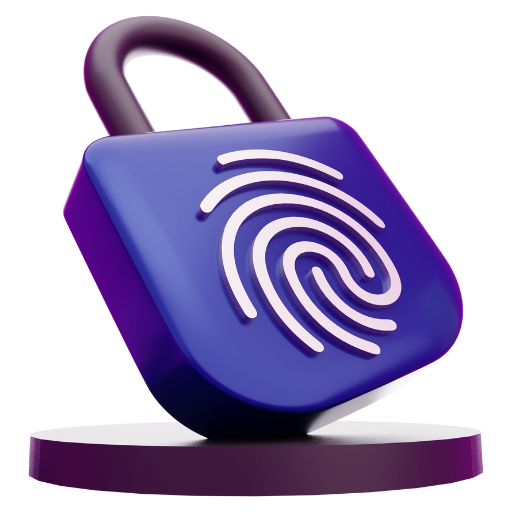


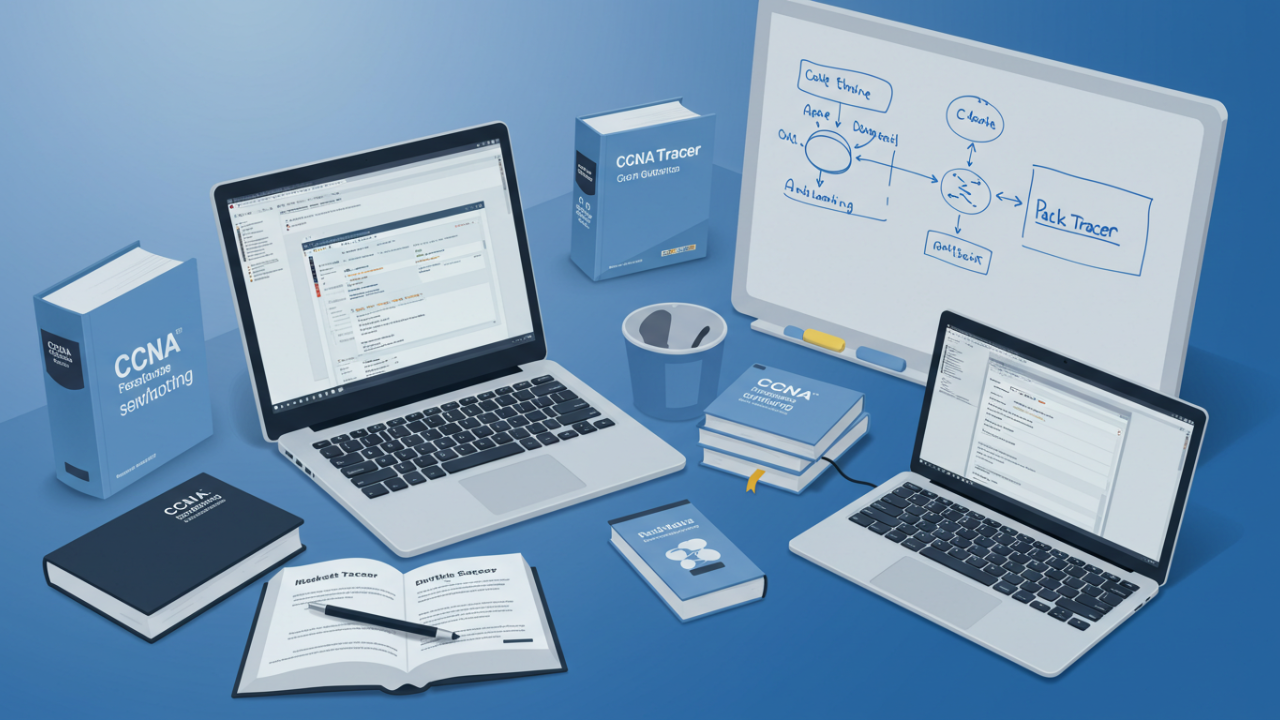






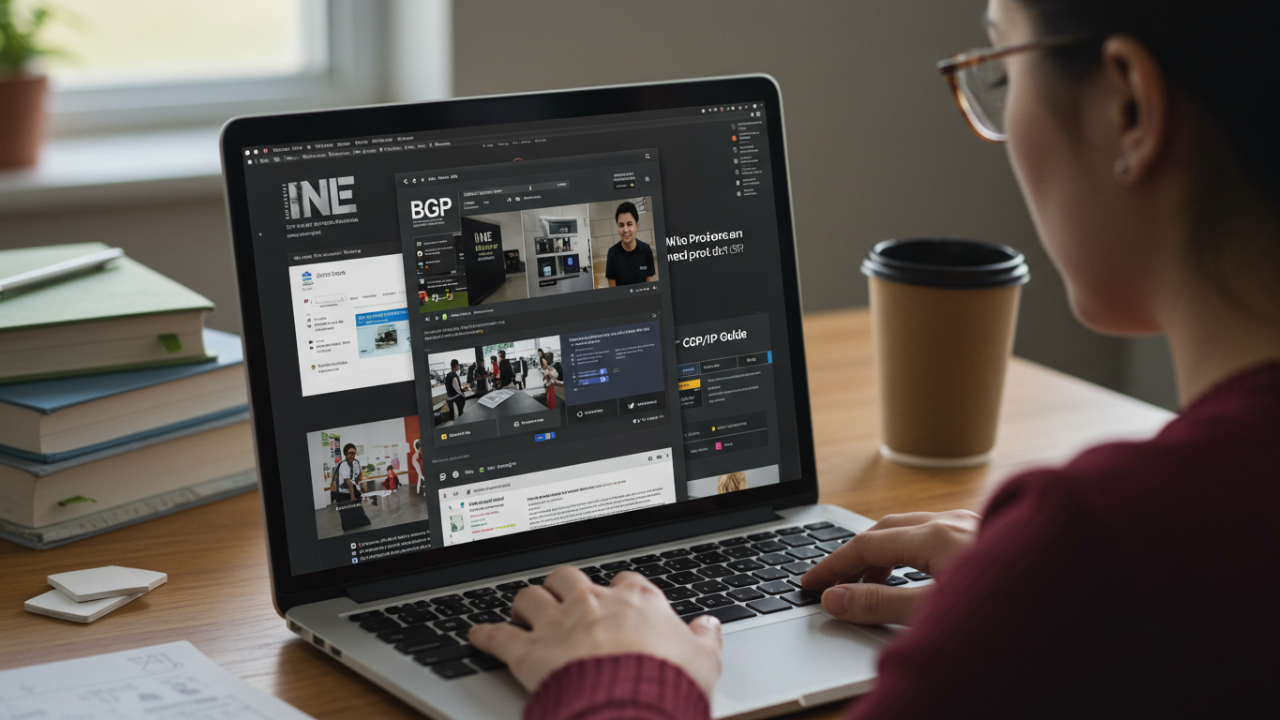

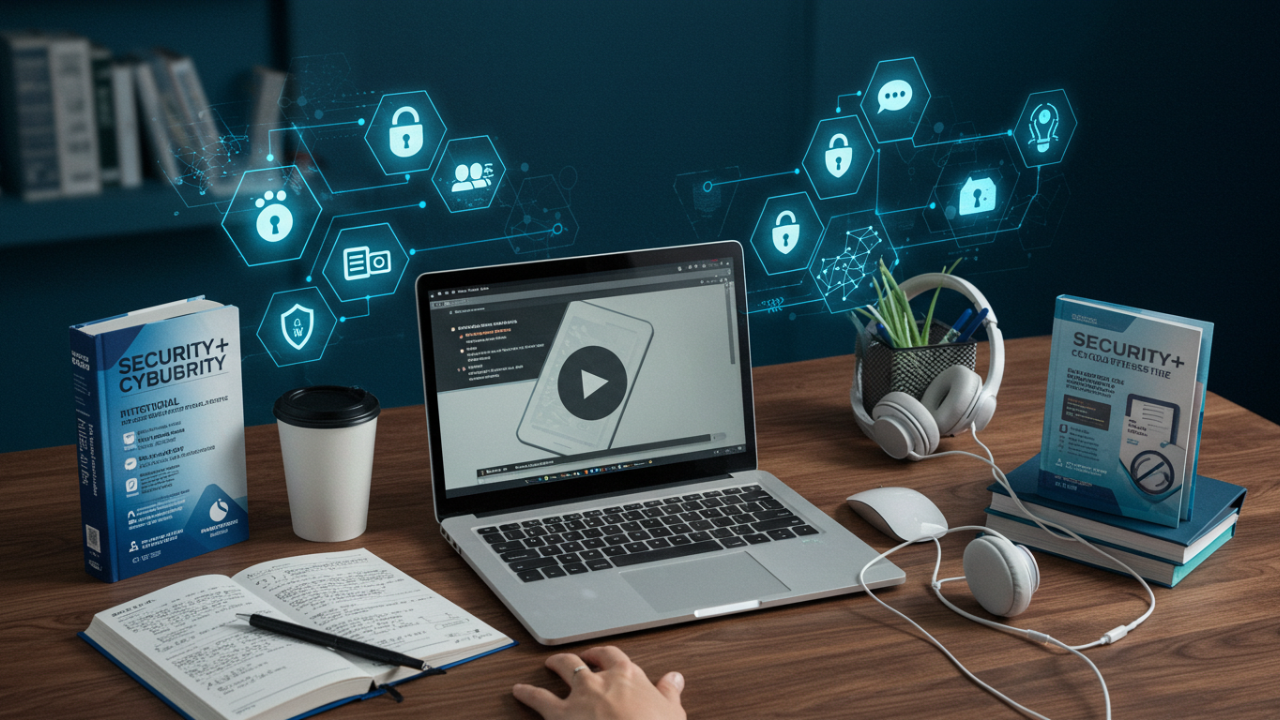

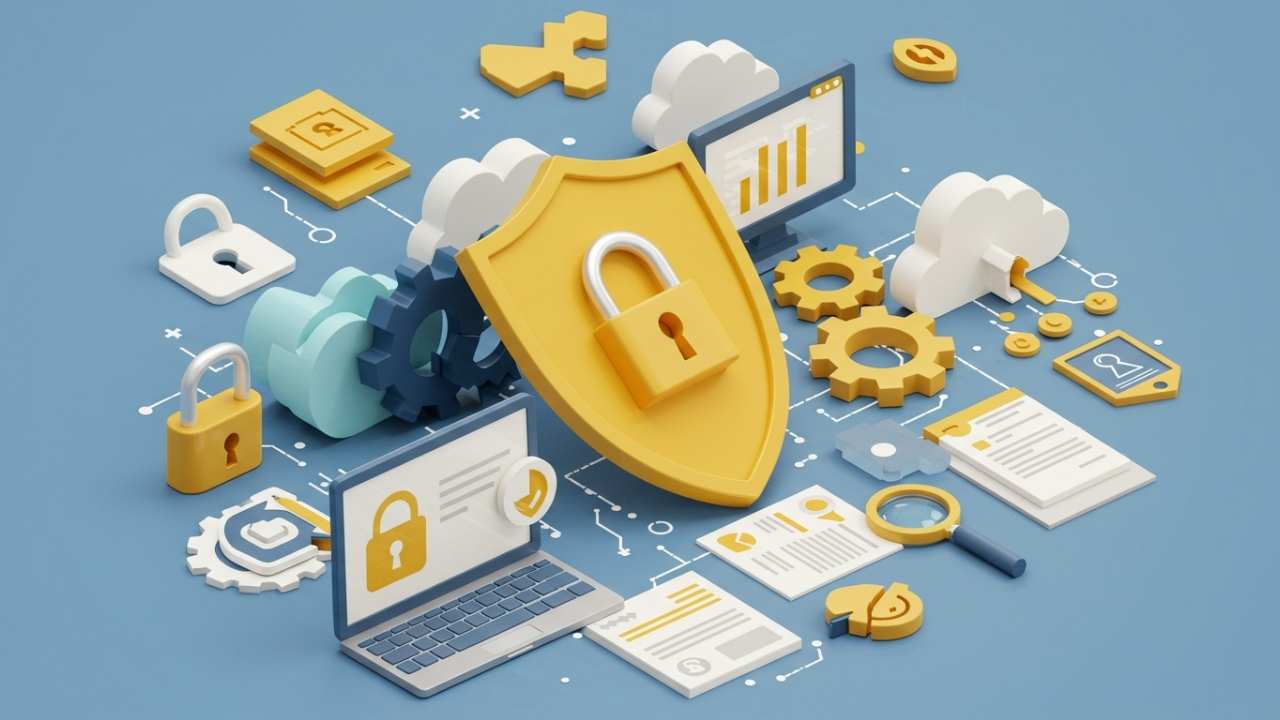
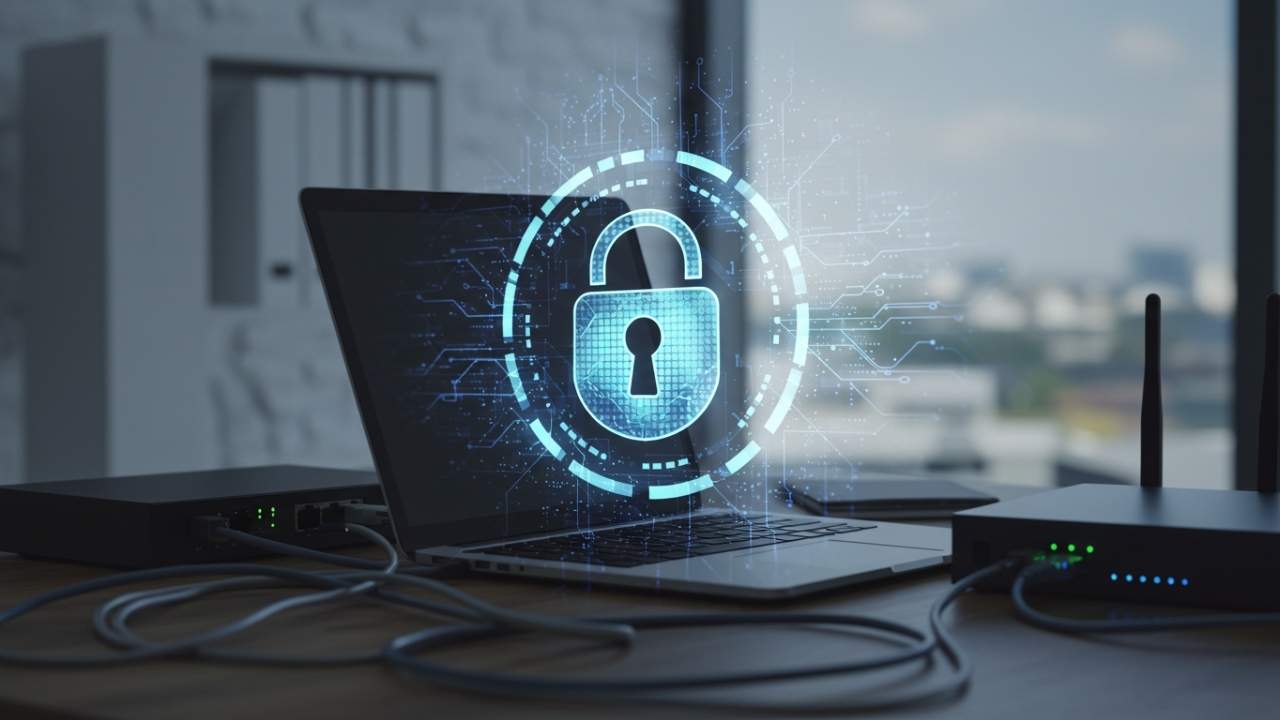
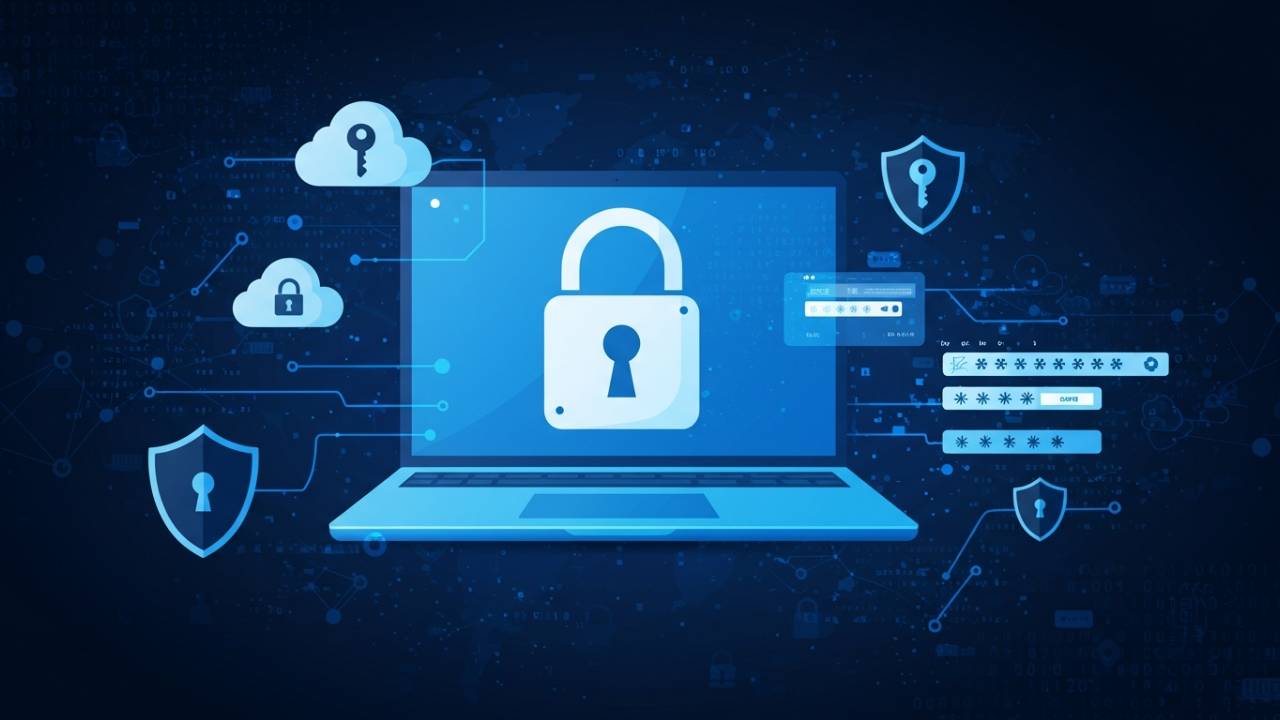


Leave a Reply